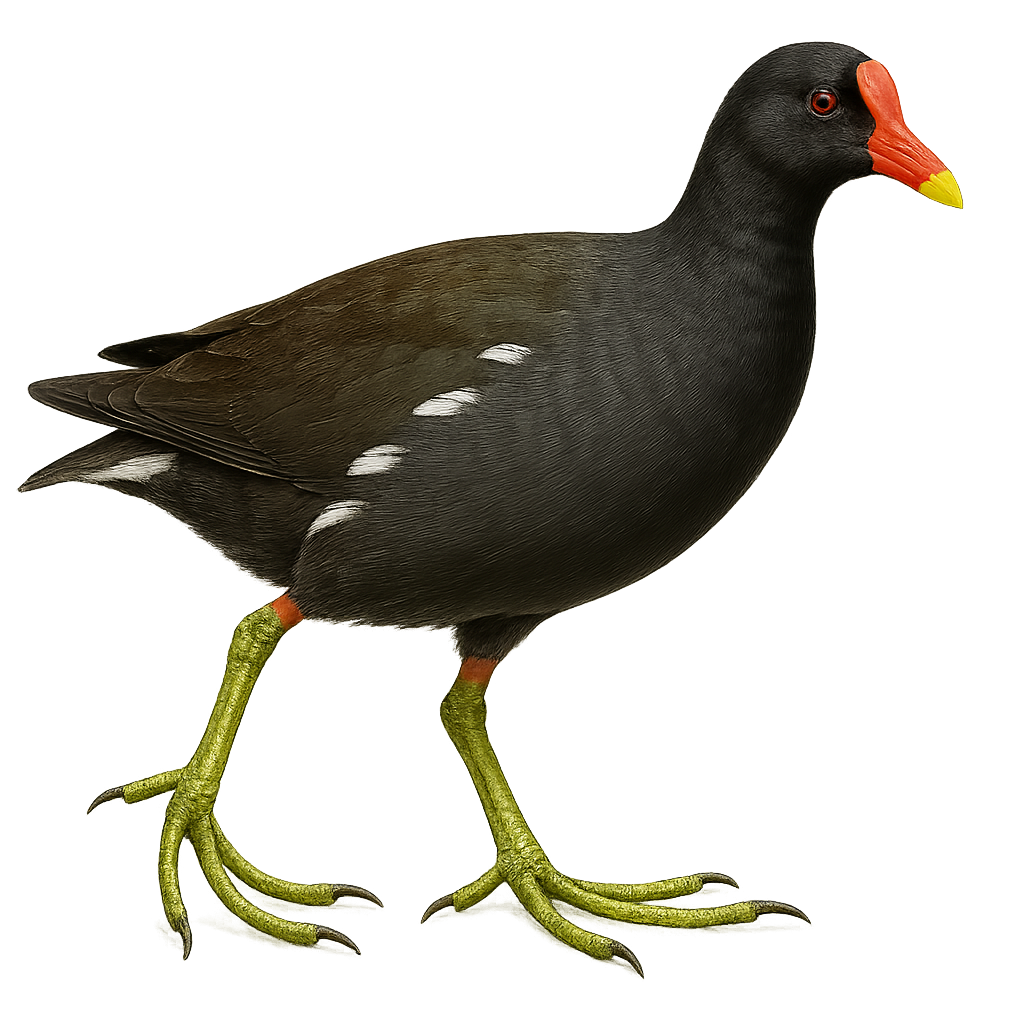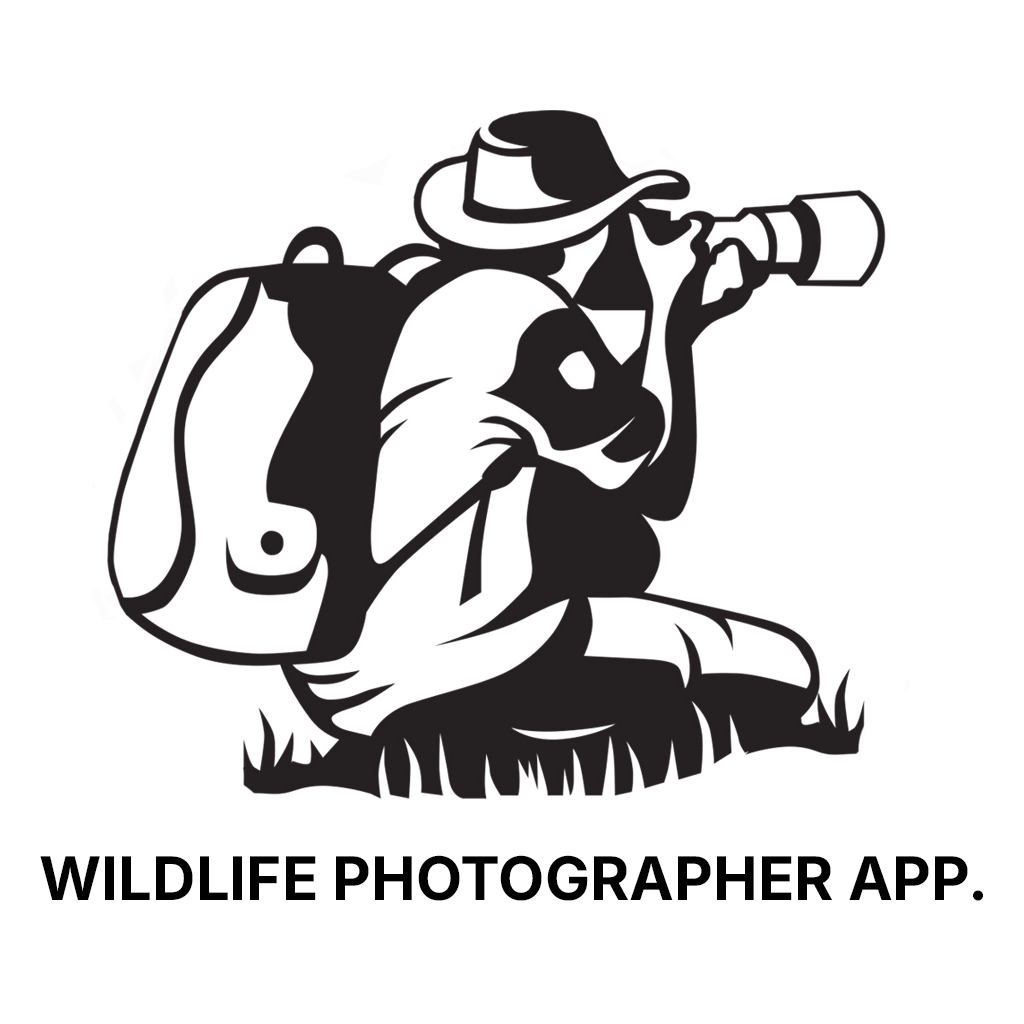Your wildlife photography guide.
Explore the common gallinule in detail, study its behavior, prepare your shots.
Where to observe and photograph the common gallinule in the wild
Learn where and when to spot the common gallinule in the wild, how to identify the species based on distinctive features, and what natural environments it inhabits. The WildlifePhotographer app offers tailored photography tips that reflect the common gallinule’s behavior, helping you capture better wildlife images. Explore the full species profile for key information including description, habitat, active periods, and approach techniques.
Common Gallinule
Scientific name: Gallinula galeata

IUCN Status: Least Concern
Family: RALLIDAE
Group: Birds
Sensitivity to human approach: Suspicious
Minimum approach distance: 10 m
Courtship display: March to June
Incubation: 19-22 jours
Hatchings: March to July
Habitat:
Marshes, ponds, lakes
Activity period :
Primarily active during the day, with peak activity in the morning and late afternoon.
Identification and description:
The Common Gallinule is a medium-sized waterbird, easily identified by its dark plumage and bright red bill with a yellow frontal shield. It primarily inhabits marshes, ponds, and lakes with dense vegetation. Agile and discreet, it feeds on aquatic plants, insects, and small fish. Although often solitary, it can be seen in small family groups. Its distinctive call, a sharp croak, often echoes at dusk. The Common Gallinule is an adaptable bird, capable of settling in various aquatic environments, contributing to its wide geographical distribution.
Recommended lens:
400mm – adjust based on distance, desired framing (portrait or habitat), and approach conditions.
Photography tips:
To photograph the Common Gallinule, focus on early morning or late afternoon when the light is soft. Use a telephoto lens of at least 400mm to capture details without disturbing the bird. Patience and discretion are key; remain still and wait for the bird to approach. Marshes and ponds often provide beautiful shooting opportunities with interesting reflections on the water.
From knowledge to field practice
A species profile helps you understand an animal. In the field, the challenge is often different. Remembering your own observations.
The WildlifePhotographer app allows you to:
• record your personal observations
• note locations, dates, and behaviors
• revisit your field references over time
• build a private and long-term field logbook
The app does not provide observation locations.
It helps you organize what you actually observe, with respect for wildlife.

